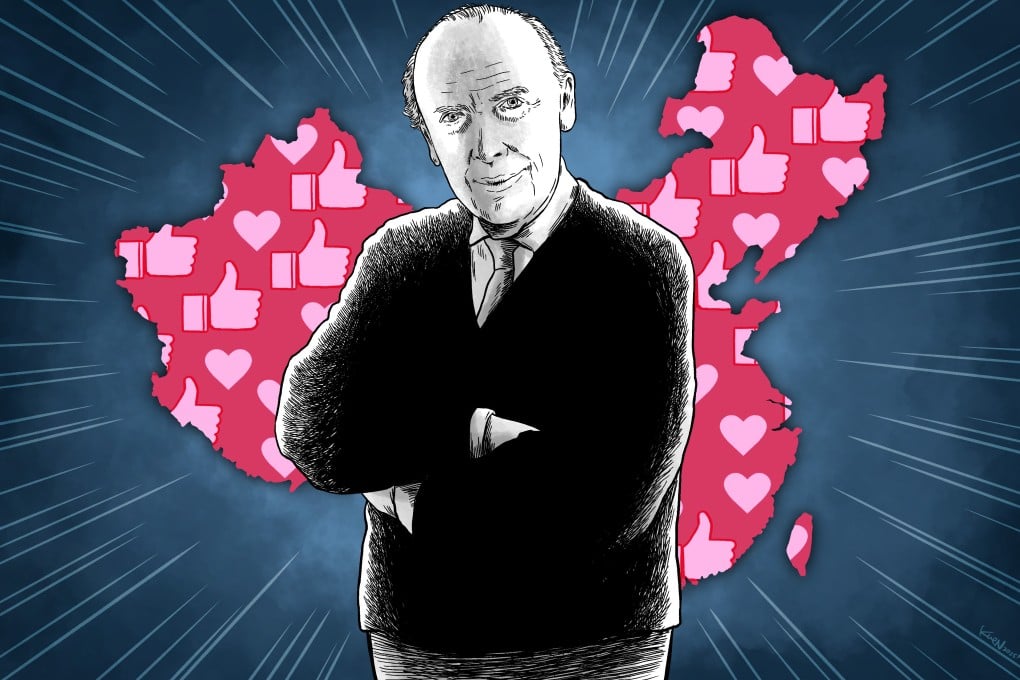Why ‘racist’ biologist James Watson is remembered in China with respect
Controversial Nobel Prize winner helped to lay the groundwork for China to become a genomics and biotech powerhouse

In the West, the American molecular biologist’s legacy was increasingly overshadowed by the fallout from those remarks, culminating in New York’s Cold Spring Harbour Laboratory (CSHL) severing ties with him in 2019.
Yet thousands of kilometres away, in laboratories and academic communities across China, a different profile emerged – one less focused on scandal than on sacrifice, mentorship and scientific solidarity.
In China, Watson is not mainly remembered as a provocateur, but as a pioneer who saw potential in a nation still rebuilding its scientific foundations – and chose to invest in it when few others did.
He sent books, journals and bacterial strains to Chinese researchers cut off from Western science. He opened the doors of Cold Spring Harbour Laboratory (CSHL) to dozens of Chinese scholars at a time when such opportunities were rare.
He championed China’s inclusion in the Human Genome Project, writing directly to Chinese leaders to urge participation – a move that paved the way for the country to secure its place in one of modern science’s greatest collaborations.